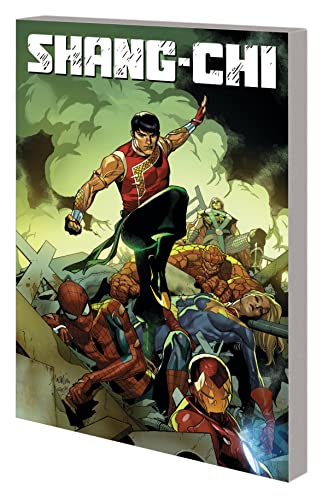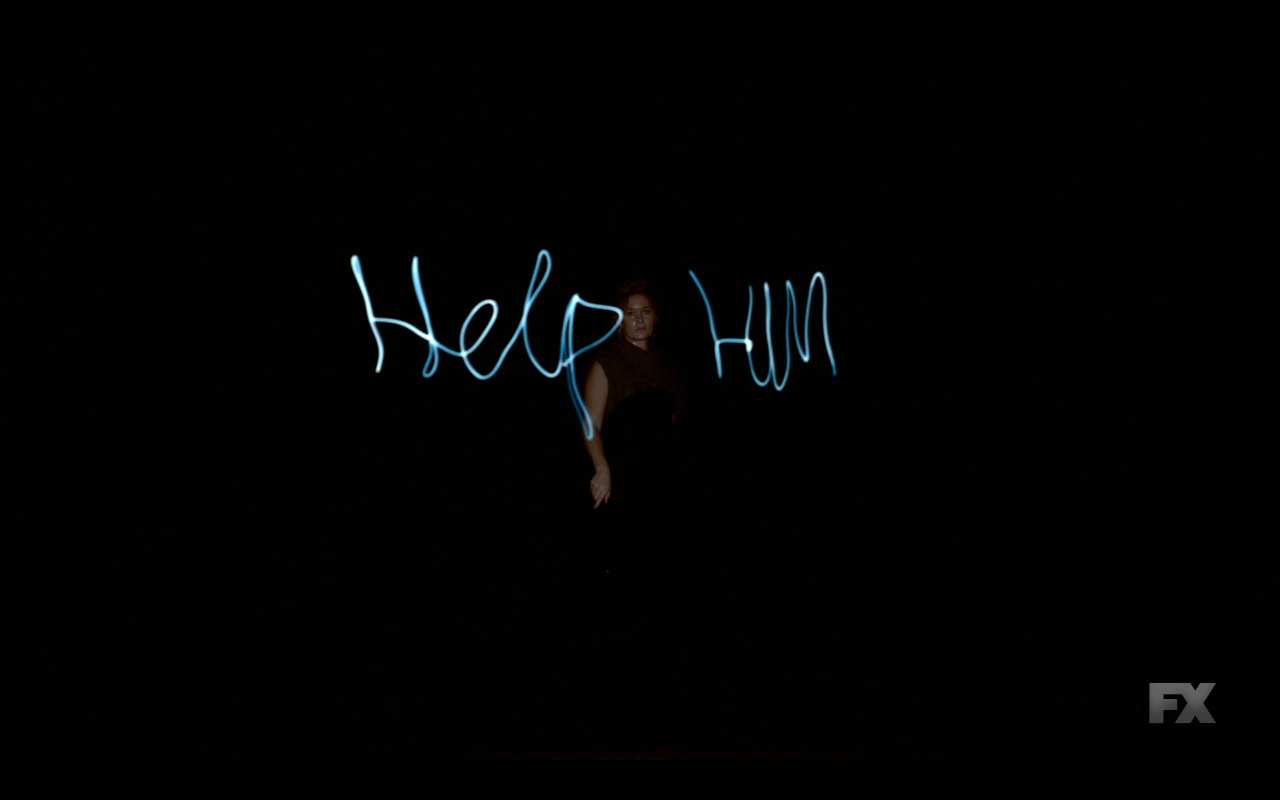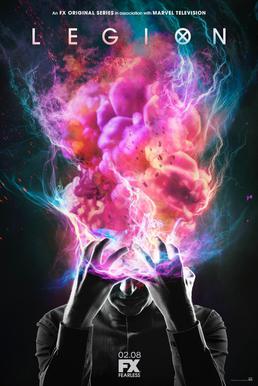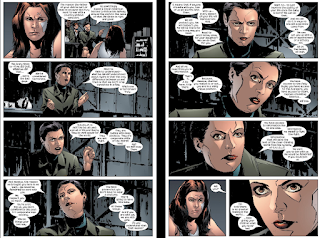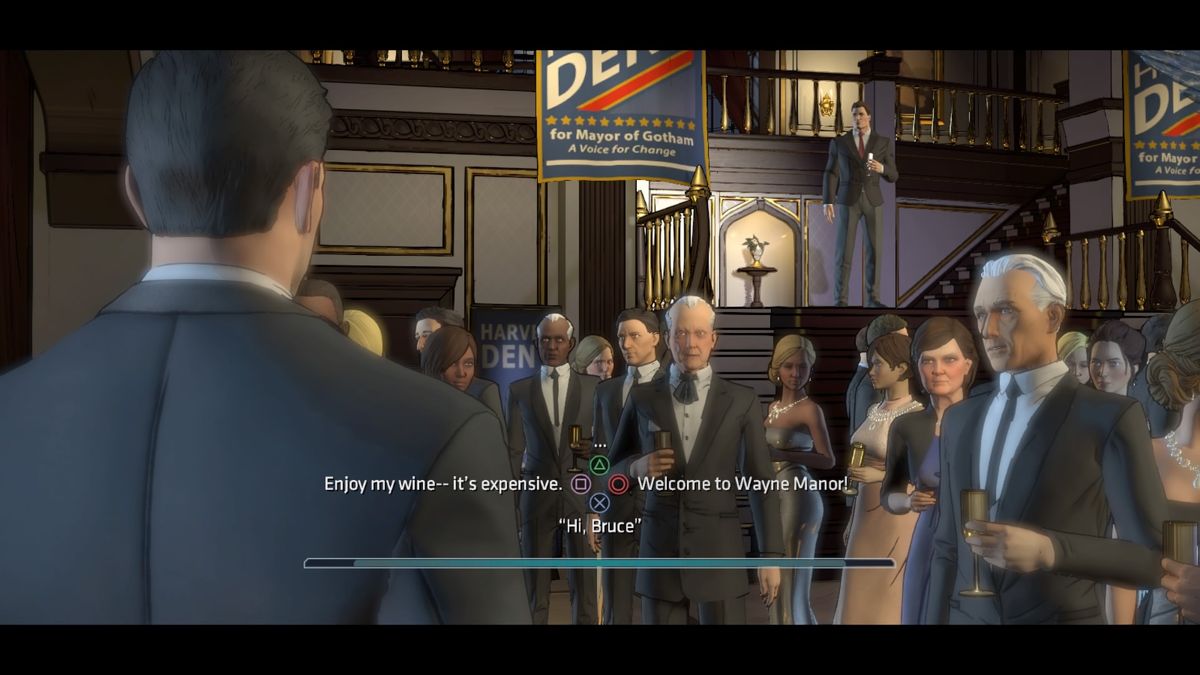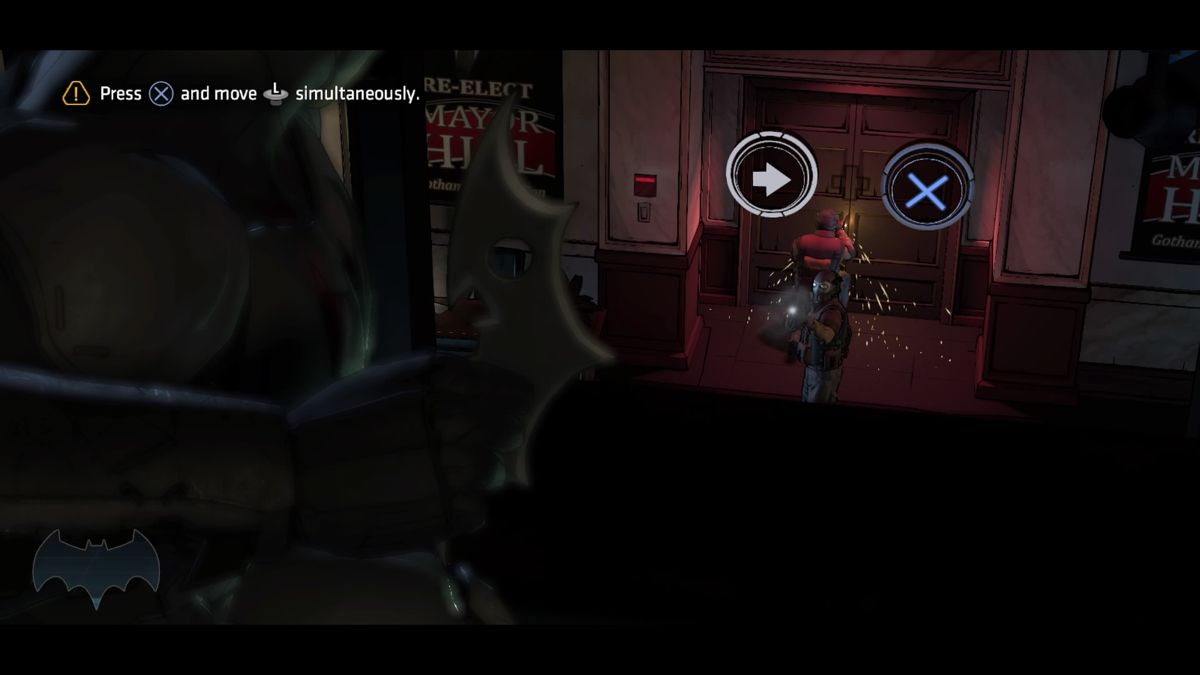collects issues 1-6 of Shang-Chi (2021)
by Gene Luen Yang, Dike Ruan and more
Shang-Chi, Marvel's greatest fighter, was raised by his dad to take over the family business, a criminal empire. He finally did! But he wants to use the empire for good, and seeks to right the wrongs of the past as the Supreme Commander of the Five Weapons society.
In this volume, Shang-Chi tows the line between Supreme Commander and Avenger as he encounters a different avenger in each issue. He teams up with Spider-Man to investigate a drug/weapons ring originally instituted by Shang's father. He infiltrates the auction of a cosmic cube with the help of Captain America. Some of it seems pretty clear, and then others don't -- he breaks into the Baxter Building to get access to the Negative Zone and learn what a recurring dream means to him, and his brother steals the Cosmic Cube from under his eyes, forcing Shang to choose between truth, and family.
Part spy-comic, part super-comic, and part crime drama, this book deftly navigates what it means to be a good bad guy or a bad good guy, under the backdrop of family trauma/drama. While formulaic, this has just enough familiarity to hook you in and enough flair that it tells a unique story.
Directed by Noah Hawley, starring Dan Stevens, Rachel Keller, Aubrey Plaza and more
What's more terrifying...fear or the frightened?
I generally don't write about television series, because there's so much about the medium that you can't capture on the written word. It's much easier to write about comic books when you can point to a specific moment, word-bubbled and sound-effected. But I'm also at about that point in my life where I'm consuming more television than comic books -- at the end of the day, it's easier to veg out on a couch in the basement than grabbing ahold of a book/tablet.
All that said, Legion is not the kind of TV series you should read about. It's TV you have to experience, and that carries over into Season 2. There are whole episodes dedicated to a single emotion -- and these are some of the strongest episodes. For example, there's an episode that gives us 3 alternate timelines that David Haller could have lived, all amounting to what his relationship with his sister means to him. Completely unneeded to the plot, but that was never the point. It's about a feeling, an experience. Season 2 is so brilliant at this. The opening episode is such a great way to start it off. There's a time skip, and a fog of distrust that keeps you from telling what's really real or not. As David stews in the sensory deprivation tank he remembers...telepathic dance-off:
If you must know, Season 2 was billed as a "race." With the Shadow King at large, he's poised to reclaim his original body and restore his full power. It's up to David and co, now working with the governmental shadow agency Division 3, to stop him. The season is told in three acts mainly:
- Find the body
- Who's that body?
- Stop the body
And no, I'm not going to elaborate :) Season 2 doesn't reach the highs of Season 1, where they spent a 3-episode arc on a single moment in time, and the S2 finale really doesn't stick the landing, but that doesn't discount the strength of the individual episodes. If I could edit out a portion of the S2 finale and call it a season, I would, but it's going to leave you with a lot to think about either way. While the season didn't need to be this long, the time that they spent on each episode was valuable and a testament to the creative strength of the show. Style just oozes out of every moment here.
----------Spoilers follow. You've been warned.----------
- Why didn't David's schizophrenia manifest until...the final few episodes?
- Is David the villain, or the villainized? I really struggled with this after watching the season finale. I'm sure it's somewhere in between, but it's pretty obvious that Farouk had meddled with the group's minds -- he whispered a delusion into the rat which spread itself across the entire building. (Or was the delusion the truth?) By the time they were going to start Farouk's trial, it 180'd and became David's trial. This ties into the previously narrated "Ship of Fools" segment, where if all the apples are bruised, then it's the unbruised apple that is bad, the sane man who's crazy, David the only one not under Farouk's influence. It took me so long to find this, but the clip is here. Here's my other supporting argument that ties into the narrated sequences: when Shadow Melanie shows Sydney the "truth," David torturing Oliver, she's literally showing her pictures in a cave, directly tying into the allegory of the cave. While I don't think David is completely without fault, the season completely glosses over the influence of Farouk, who is clearly manipulating others for a certain outcome.
- I loved the mind maze as a two-episode set of character pieces. Sydney's portion in the second part could have been a whole indie movie by herself.
- David, the rapist? I think this was enough to turn off a lot of people from the show for good. I think what I really needed to get through this was to try to understand where David was coming from. He was in a hurt place and looked for help from the only person who loved him, now turned against him. By no means does it excuse what he did, but within context, it's possible to understand why he did it.
- I was really rooting for David and Syd -- their relationship was the heart of Season 1, but sometimes it just doesn't go that way.
- Lenny, played by Aubrey Plaza, was brilliant as the Shadow King. I get why they brought in a real person to play Farouk, but this is kind of the beginning of the end for Lenny.
- The Jon Hamm-narrated segments, plus the final one by Cary, were pretty out there, and eerily reminiscent of the political climate at the time. I only have kudos for the fact that they chose to devote screen time to this.
- The telepathic battles were endlessly creative, culminating in an animated scene similar to Community's foosball anime battle. It was dope.

